
The AIgorythm project

Playwright and actor
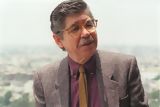
Novelist

Writer and poet

Volleyball player

Italian-Peruvian naturalist and geographer

Singer and percussionist

Last Inca emperor

Politician, former prime Minister

Journalist and TV host
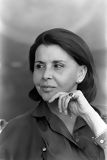
Poet

Inca warrior

Actor and comedian

Biophysicist

Poet

Doctor and researcher

Businessman, Interbank group

Journalist and writer
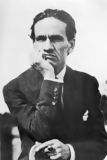
Poet and writer
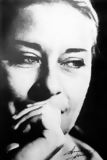
Singer and songwriter
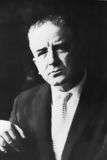
Writer

Film director, Berlin Golden Bear winner

Football player
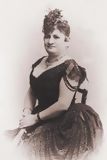
Writer and journalist
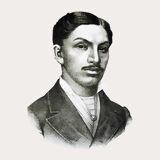
Doctor and scientist

Photograph

Chess player

Industrialist
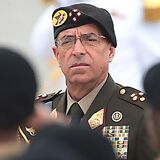
Former general

Specialist in public health

Actress and singer

Afro-Peruvian music singer

Mathematician and engineer

Indigenous chronicler

Neurologist and anthropologist

Painter

Football player
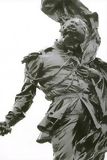
National hero, military leader

Intellectual and reformer

Chef and entrepreneur

Fashion designer

Singer-songwriter

TV presenter

Marathon runner

Indigenous Peruvian chronicler

Theologian

Former national team captain

Economist and former health minister

Inca princess

Writer and television host

Folk musician

Poet and guerrilla
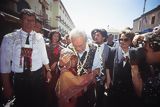
Former UN secretary-general

Chef, known for fusion cuisine

Football player

Peruvian aviation pioneer

Poet and artist
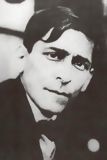
Marxist philosopher and writer

Industrialist and businessman
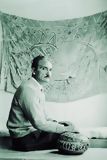
Novelist and ethnologist

Painter and muralist

Opera tenor

Fashion designer

Cardinal of Lima

Peruvian tennis player

Football coach

Leader of the indigenous rebellion

Military hero

Latin singer
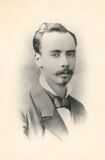
War of the Pacific hero

The youngest mother in history

Politician
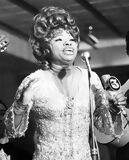
Creole music singer

Tennis player
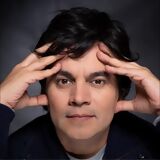
Musician

Writer and politician

Politician and founder of the Christian Democratic Party

Founder of Sodalitium Christianae Vitae

Archaeologist and anthropologist
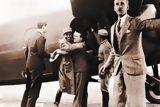
Military leader and politician

Television host
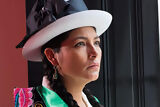
Actress and singer

Contemporary sculptor

Women’s rights activist

Beauty queen

Astrophysicist

Heroine of independence

Mathematician and archaeologist

Historian and anthropologist
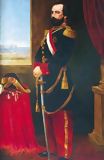
Military figure and historical figure

Fashion photographer
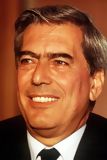
Writer, Nobel Prize in Literature, Politician

Revolutionary leader
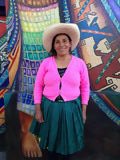
Environmental activist

Leader of the indigenous rebellion

Musician from Gaia band
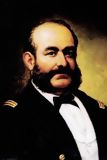
War hero
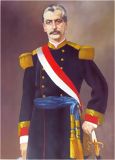
Military leader and politician

Chef, known for Nikkei cuisine

Volleyball coach and former player

Environmental activist

Television personality

Writer

Football player

Epidemiologist and former health Minister

Inventor and aerospace pioneer

Soldier and inventor

Rock singer

Chef and co-owner of Central restaurant

Painter

Football player

TV presenter and actress
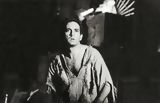
Actor
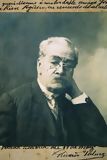
Writer and historian

Journalist and lawyer

Archaeologist, founder of Caral site
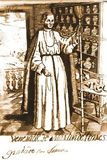
Monk and Saint
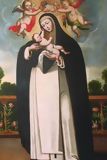
Saint, patron of Latin America

Physicist and engineer

World champion surfer

Actress

Oncologist

Singer, Latin Grammy winner

Former mayor of Lima

Singer

Actress

Former football player

Painter
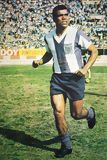
Former football player

Painter

Inca leader

Archbishop, saint
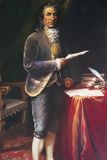
Leader of the indigenous rebellion

Revolutionary indigenous leader

Diplomat and intellectual

Sculptor and painter
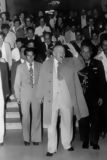
Political leader, founder of APRA

Lawyer and Former prime minister

Chef of Central restaurant

Former head of secret services

Popular singer

Fashion designer

Exotic music singer
Ricardo Palma, born on February 7, 1833, in Lima, Peru, is one of the most influential writers and intellectuals of the 19th century in Latin America. His work, especially his famous Tradiciones peruanas (Peruvian Traditions), played a crucial role in preserving and disseminating the culture, legends, and traditions of Peru. As a writer, historian, journalist, and librarian, Ricardo Palma left an indelible mark on the literary and cultural history of the country, contributing to the formation of a national identity rooted in its rich past.
Ricardo Palma was born into a modest family in Lima. From an early age, he showed a passion for reading and writing, which led him to engage in the literary world as a teenager. He began his career as a journalist, writing for several local newspapers on political, social, and cultural topics. Through his writings, Palma expressed a strong interest in the history of Peru and the preservation of popular legends and customs.
After studying at the National School of San Carlos in Lima, Ricardo Palma deepened his knowledge of history and literature. He also became involved in politics, advocating for republican and nationalist ideals. This combination of literature, history, and civic engagement defined his career and his impact on Peruvian culture.
Ricardo Palma is best known for his collection of stories titled Tradiciones peruanas, a series of tales inspired by legends, historical events, and popular anecdotes from Peru. These stories, published in multiple volumes between 1872 and 1910, are a unique blend of historical facts and fiction, where Palma masterfully mixes humor, satire, and a deep respect for oral traditions.
The Tradiciones peruanas are an emblematic work of Peruvian literature and contributed to the formation of a national consciousness in Peru. By recounting forgotten or neglected stories from Peru's history, Palma helped Peruvians better understand and appreciate their past. He also introduced elements of popular culture into literature, making his work accessible to a broad audience.
This work reflects Palma's talent for capturing the essence of Peru, with its cultural riches, internal conflicts, and diverse heritage. He successfully revived historical figures, indigenous customs, and ancient myths, while telling captivating stories that reflected the political and social tensions of his time.
In addition to his literary work, Ricardo Palma played a crucial role in preserving Peru's cultural heritage as the director of the National Library of Peru. After the War of the Pacific (1879-1884), during which the National Library was looted by Chilean troops, Palma undertook the monumental task of rebuilding it.
Thanks to his tireless efforts, he managed to recover many valuable books and manuscripts and restore the library to its former glory. He also expanded the collection by obtaining book donations from various institutions and individuals worldwide. Under his leadership, the National Library once again became a leading intellectual center in Peru.
Palma's work as a librarian is often considered one of his greatest contributions to Peruvian culture. Not only did he save countless literary treasures from oblivion, but he also reinforced the idea that culture and education were essential elements in the reconstruction of a nation after conflict.
Ricardo Palma's literary style is a fascinating blend of satire, romanticism, and realism. Although often classified as a romantic due to his commitment to ideals of freedom and justice, Palma also used humor and satire to critique the society and politics of his time. His writings reveal a sharp mind, capable of mocking the absurdities of everyday life while expressing deep admiration for his country's historical and cultural values.
As a chronicler of Peruvian history, Palma navigated between nostalgia for a glorious past and irony in the face of the political and social failures of his era. His work reflects great affection for his country, but also critical insight that made him one of the most respected voices in Latin American literature.
Ricardo Palma's influence on Peruvian literature and culture is immense. As a writer, he helped forge a national literary identity by reviving Peru's legends and traditions. His work has inspired numerous authors and historians, and the Tradiciones peruanas continue to be read and studied throughout the Spanish-speaking world.
As a committed intellectual, Palma also left a legacy as a defender of culture and education. His role in rebuilding the National Library, as well as his dedication to preserving Peru's literary heritage, make him a key figure in the country's cultural history.
Beyond Peru, Ricardo Palma has been recognized as one of the great figures of Latin American literature. His unique approach to historical writing, blending real events with fiction, has influenced many writers across Latin America and beyond. The Tradiciones peruanas have been translated into several languages and continue to be studied in academic settings around the world.
His ability to make Peru's complex and often tragic history accessible while adding a personal and artistic touch earned him a special place in the pantheon of great regional authors. Palma demonstrated that history, far from being a dry discipline, could be told in a lively and engaging way, connecting the past with the present.
Ricardo Palma remains an iconic figure in Peruvian literature and culture. His work, especially the Tradiciones peruanas, is a literary monument that continues to enrich the understanding of Peru's history and traditions. As a writer, historian, and librarian, he played a crucial role in preserving his country's cultural heritage, inspiring generations of readers and authors. His legacy endures, and his influence continues to be felt in Peruvian literature and culture.